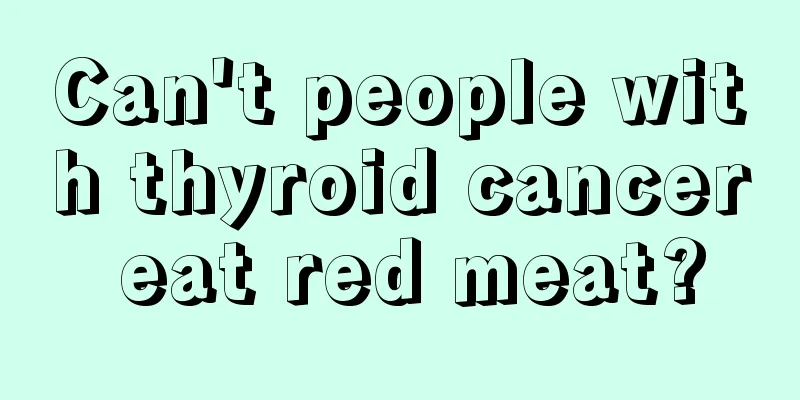What is the cause of toothache

|
Teeth are a very important part of people's oral cavity and play a very important role. Therefore, if there are symptoms of toothache, it will also affect people's lives, such as affecting people's dining. Many people have experienced toothache, which is related to many reasons. In addition to improper oral care, some dental diseases can also cause tooth pain. You must not blindly judge the disease that causes toothache, but prescribe the right medicine. Toothache is a very troublesome problem for many people, so pain relief must be done well, especially oral care is very important, and attention should also be paid to cleanliness and hygiene. So what exactly causes toothache? 1. Acute pulpitis It is more common in patients with deeper caries. The bacteria enter the pulp cavity from the caries hole, causing congestion and inflammation of the dental nerve. Toothache is often spontaneous, the pain worsens at night, and is more severe after hot or cold stimulation. The pain may also radiate to the face, temples, and ears. When suffering from suppurative pulpitis, the patient's pain is aggravated by heat stimulation, while the pain is reduced or disappears by cold stimulation. 2. Acute periapical inflammation Caused by factors such as the development of acute pulpitis or trauma. The diseased tooth presents persistent pain, a floating sensation, and a fear of chewing. The patient can point out the diseased tooth correctly, but tapping the tooth will cause pain. At this time, there is no stimulating pain because the nerve of the diseased tooth has been necrotic. 3. Acute periodontitis The nature of the toothache is similar to that of acute periapical periodontitis. The diseased teeth not only cause chewing pain and a floating sensation, but also have formed periodontal pockets and loose teeth. The gum tissue may become swollen, painful, and bleed repeatedly. 4. Periodontal abscess Further development of periodontal tissue inflammation can cause suppurative inflammation. When an abscess is formed, the pain is severe, and a feeling of fluctuation will appear locally after the abscess is formed. After a periodontal abscess forms, the pain can be significantly reduced or relieved. 5. Tooth hypersensitivity It is often caused by gingival recession, exposed dentin at the neck of the tooth and tooth defects. At this time, cold, hot, sweet, sour and other stimuli may cause pain, but the pain will disappear after the stimulation stops. 6. Food impaction pain Food can get stuck in the spaces between teeth and cause toothache, which is called food impaction pain. 7. Dry socket It usually occurs 2 to 4 days after tooth extraction and can cause spontaneous, persistent, severe pain. During the examination, it was found that the blood clots in the tooth extraction wound had a foul smell. |
<<: Can a benign lung tumor be cured?
>>: How can flat warts be eradicated?
Recommend
What are the typical symptoms of ovarian tumors
Typical symptoms of ovarian tumors include abdomi...
What is the correct way to use headphones?
With the continuous advancement of electronic tec...
What is the cause of pain above the belly button
Many people are busy with their work every day, s...
There are raised nodules after laser treatment
Laser treatment methods are not only available in...
How to quickly relieve the itch after being bitten by a mosquito
In the summer, besides the unbearable temperature...
How to distinguish male and female fish
As for fish, I believe it is a very beneficial fo...
What tests can be done to confirm esophageal cancer?
Esophageal cancer is a relatively common cancer t...
The harm of radiation to human body
Research has shown that radiation is harmful to t...
Knowing the symptoms of kidney cancer can help patients receive treatment as early as possible
The incidence of kidney cancer is getting higher ...
More common causes of bladder cancer
Oncologists say that in life many people suffer f...
The legs have already given signals before lung cancer comes
Before lung cancer comes, the legs may give signa...
Where is the mole that harms the husband
In traditional Chinese physiognomy theory, a pers...
What are the diagnostic methods for prostate tumors
Prostate cancer is a disease that occurs mostly i...
Why does influenza cause recurring fever?
Influenza is actually the common cold. Generally ...
The main manifestations of pain from bone metastasis of rectal cancer
In recent years, the incidence of rectal cancer h...









